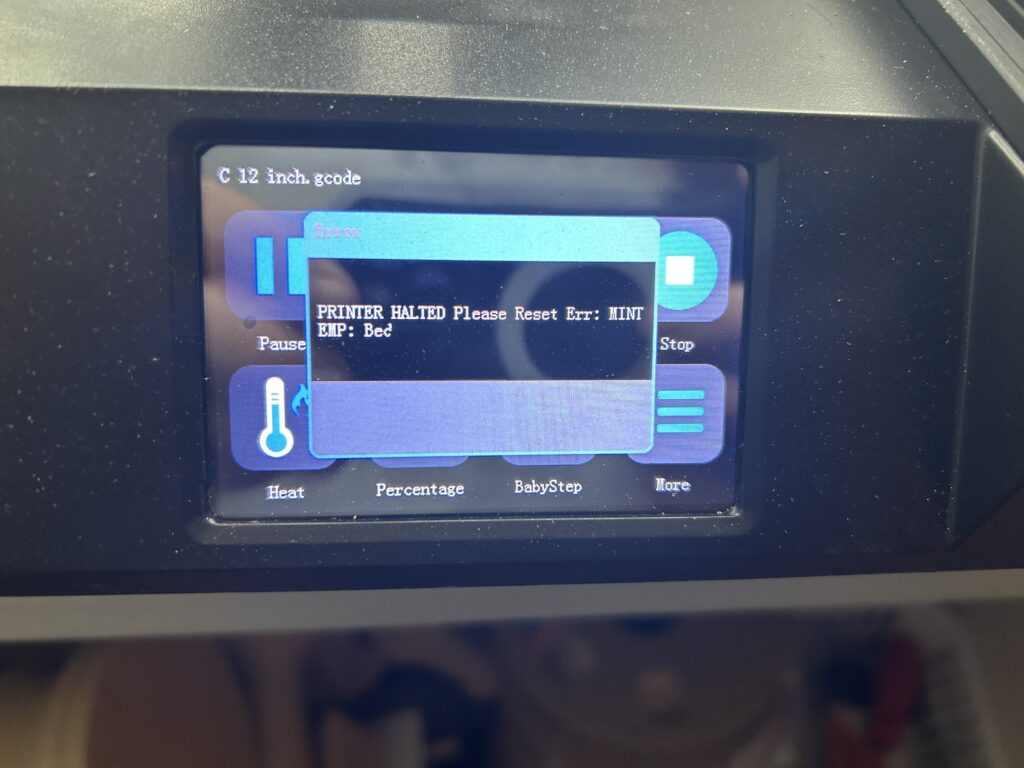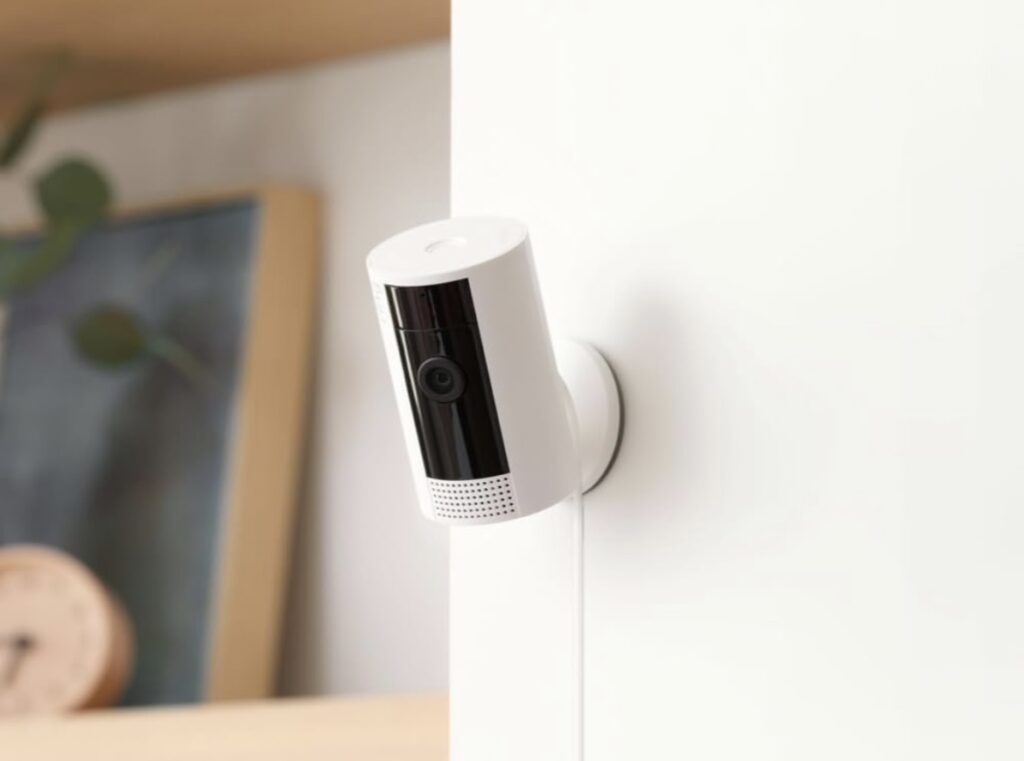In the age of smartphones, the question isn’t just about who’s calling or texting us—it’s also about who’s watching. The unsettling reality that our own devices could be spying on us has become a topic of heated discussion and concern. From the moment we wake up to the sound of an alarm on our phone to the moment we set it down for the night, our mobile devices are not just passive tools; they’re potential witnesses to every facet of our lives.
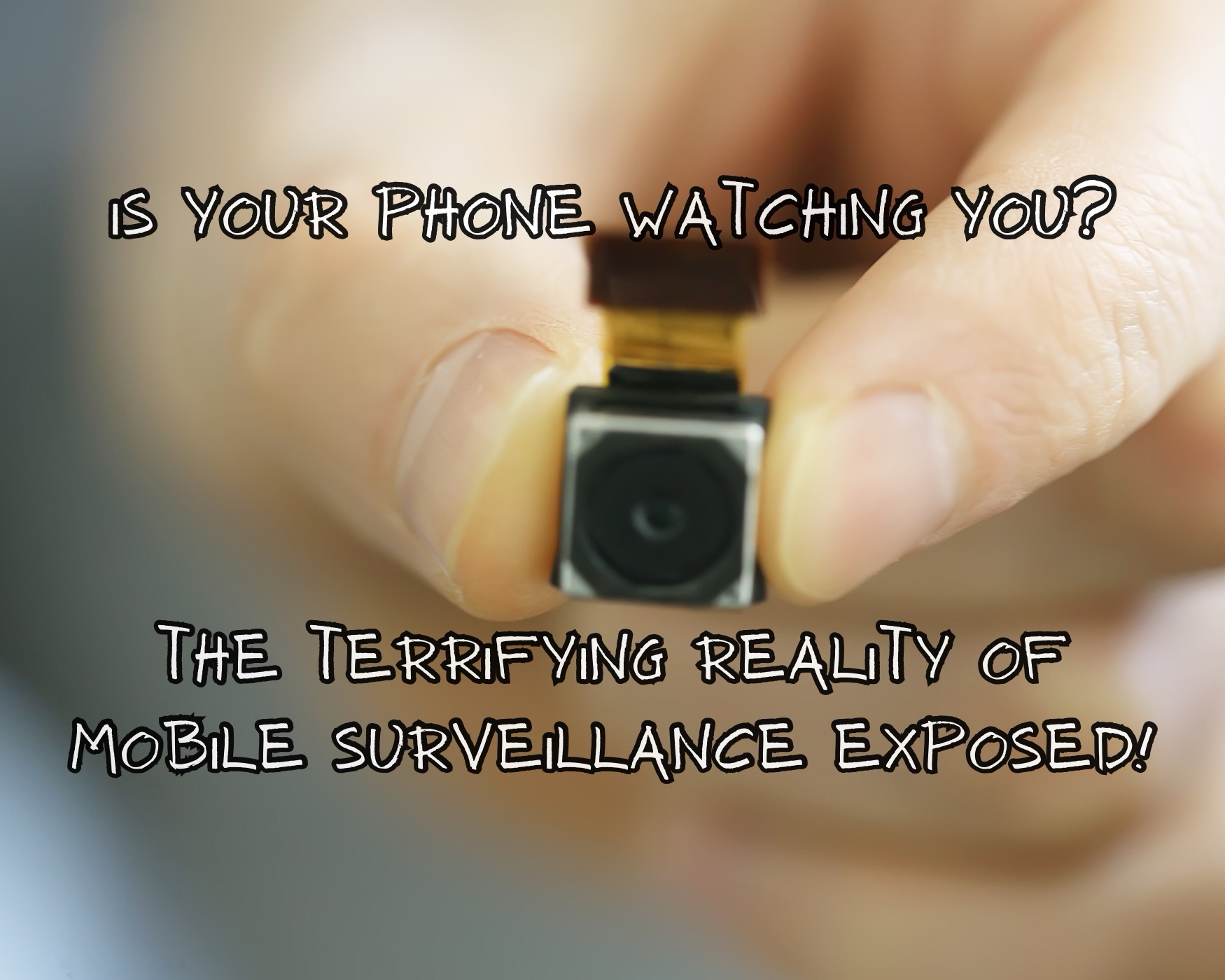
As we navigate through our day, clicking, scrolling, and tapping, we seldom pause to consider the digital footprints we’re leaving behind. These breadcrumbs, invisible to the naked eye, are gold mines of information for those lurking in the shadows of the digital world. With advancements in technology, the ability to monitor, track, and even predict our behavior has transitioned from the realm of science fiction to a startling reality.
The concept of mobile surveillance raises a plethora of questions about privacy, security, and the invisible lines we cross daily. This article delves into the intricate web of mobile surveillance, uncovering how our phones, often considered personal sanctuaries, might just be the most vigilant watchers of our lives. Join us as we explore the terrifying reality of mobile surveillance, armed with real-life stories, expert insights, and practical advice to safeguard your digital existence.
How Your Phone Could Be Spying on You
In today’s digital age, the convenience of smartphones is shadowed by the unsettling potential for surveillance. Unbeknownst to many, these devices can monitor our every move, listen to our conversations, and even watch us through their cameras. Here’s how your phone might be keeping tabs on you:
- App Permissions: Every time you download a new app, it asks for permissions. While some requests are necessary for the app’s functionality, others grant access to your location, camera, and microphone, turning your phone into a surveillance device.
- Cookies and Trackers: Not just limited to your computer, cookies and trackers follow your digital trail on your phone too. They monitor your browsing habits, collecting data on your interests, which can be unsettlingly accurate.
- GPS Tracking: One of the most direct forms of surveillance, GPS tracking, can pinpoint your exact location at any given moment. While helpful for navigation, it also means someone could be watching where you go, how long you stay, and when you leave.
- Data Mining: Every bit of information you enter into your phone, from search queries to shopping habits, can be mined and analyzed. This data might be used to build a detailed profile of your preferences and behavior.
The reality that our phones—the devices we rely on daily—can be used against us is a wake-up call to take our digital privacy more seriously. In a world where technology continues to advance, understanding the scope of mobile surveillance is the first step in reclaiming our privacy. For those concerned about the impact of technology on their personal life, especially how it affects sleep, exploring resources like The Tech Habit That’s Wrecking Your Sleep can provide insights into minimizing negative effects and improving overall well-being.
Real-Life Stories of Mobile Surveillance
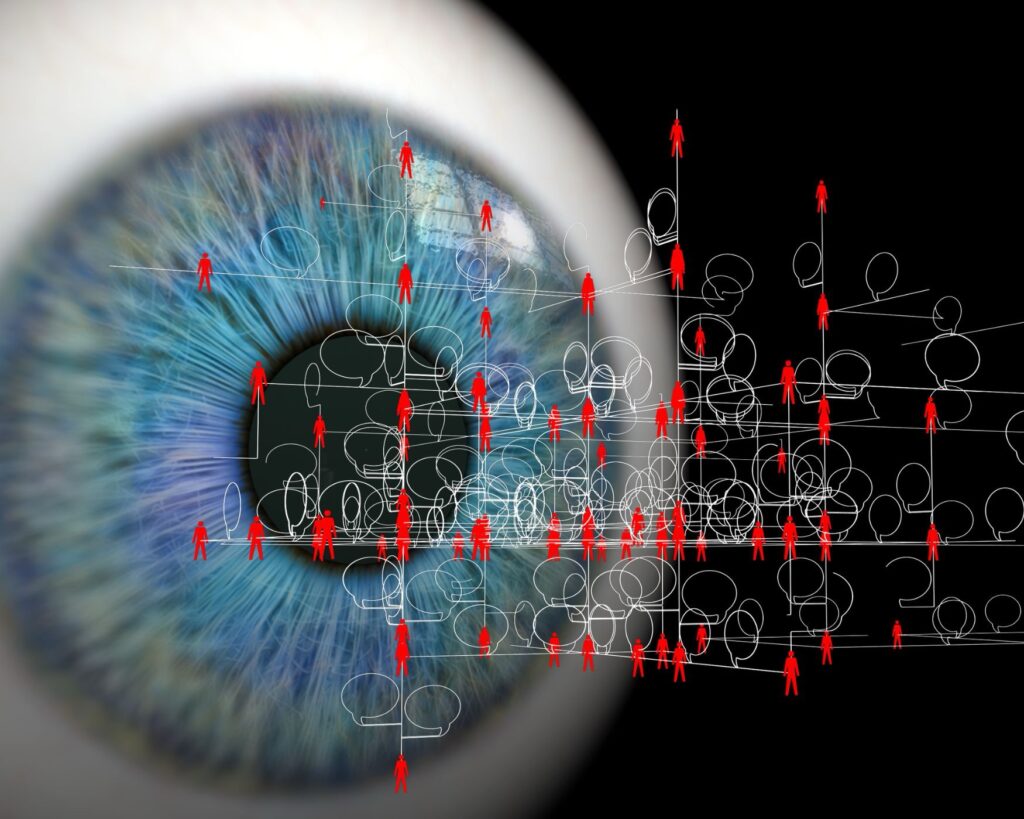
The concept of mobile surveillance might seem distant until it invades your personal space. Across the globe, individuals have experienced unsettling invasions of privacy that bring the issue closer to home. These real-life stories not only serve as a warning but also shed light on the pervasive nature of mobile tracking.
One such story involves Alex, a marketing professional from Chicago, who started noticing oddly specific ads on his phone related to conversations he had just had. Initially dismissing it as coincidence, Alex grew more concerned when his movements seemed to predict the content of the ads he was seeing, suggesting his phone was listening to him and tracking his location.
Then there’s the case of Sarah from New York, who found her movements being tracked through her social media app. After attending a series of events, she noticed her feed was flooded with promotions and posts related to the locations she had visited, despite never checking in or publicly sharing her whereabouts.
These stories, among many others, highlight a disturbing trend: our phones, which we consider private, might not be so private after all. As we delve deeper into the era of digital connectivity, the balance between convenience and privacy continues to blur, leaving individuals vulnerable to unseen watchers.
As unsettling as these accounts may be, they serve as a crucial reminder of the importance of being vigilant about our digital privacy. By understanding the capabilities of mobile surveillance, individuals can take steps to protect themselves from unwanted observation, ensuring that their personal stories remain just that—personal.
What Technology Enables Mobile Surveillance?
Have you ever paused to wonder about the technology that turns our smartphones into tools of surveillance? It’s not just about the hardware but also sophisticated software that works silently in the background. Understanding this technology is key to grasping the full scope of mobile surveillance and how it affects our privacy.
GPS Tracking: How does it pinpoint our every move? GPS technology is incredibly accurate, enabling not just navigation apps but also allowing others to track your location with your consent—or sometimes without it.
Data Mining Techniques: How do apps know so much about us? Through data mining, companies analyze vast amounts of data collected from our online activities. This process uncovers patterns that can predict our future behavior, preferences, and even our movements.
Microphone and Camera Access: Are our conversations and surroundings being monitored? Many apps request access to your phone’s microphone and camera, ostensibly for functionality. However, this access could potentially be misused to listen in on your life or even watch you.
Wi-Fi and Bluetooth Tracking: How do these connections reveal our locations? Even if you’re cautious with GPS settings, Wi-Fi and Bluetooth signals can be used to track your movements in malls, airports, and other public spaces.
Encryption and Security Flaws: Are our messages really private? While many messaging apps boast end-to-end encryption, security flaws can sometimes give bad people or surveillance software a way in.
By shedding light on the technology behind mobile surveillance, we’re reminded of the importance of safeguarding our digital footprint. It’s not about rejecting technology but using it wisely and understanding the potential privacy implications.
How Can We Safeguard Our Privacy in a Digitally Connected Home?
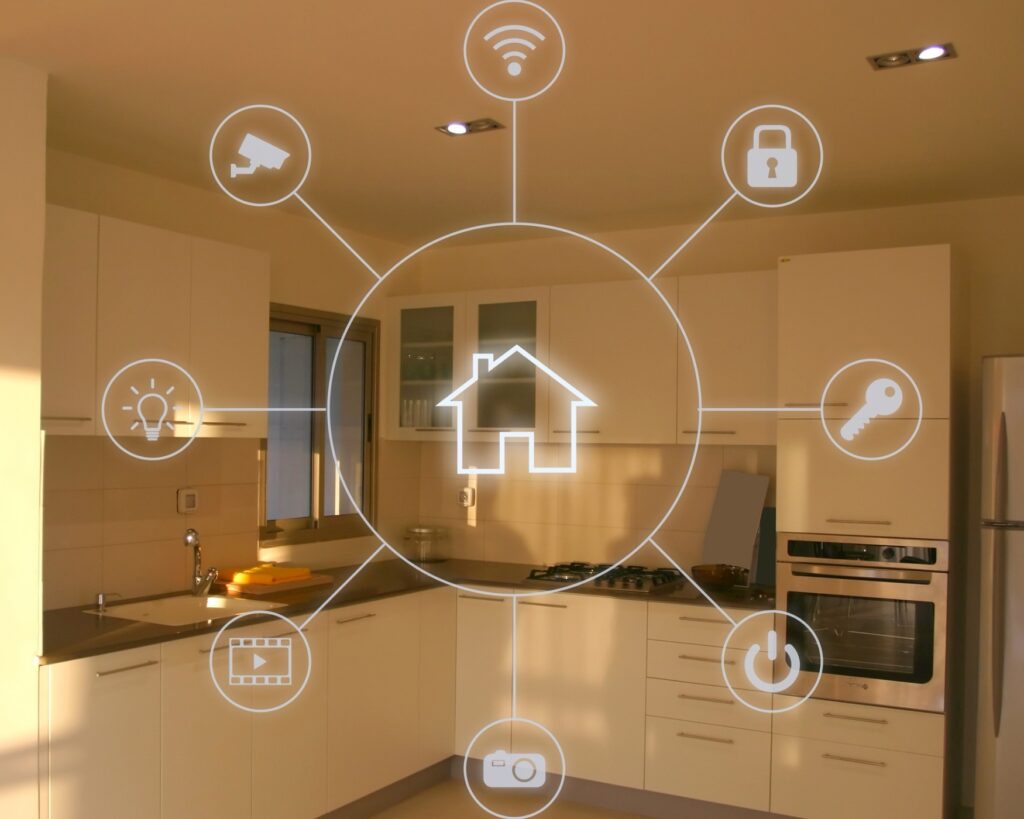
In an era where our homes are becoming more connected with smart devices, ensuring privacy and security becomes a paramount concern. With devices ranging from smartphones to smart TVs and home assistants, the question arises: How can we enjoy the convenience of a connected home while safeguarding our privacy?
One effective approach is to streamline and secure our home tech setups. This involves being selective about the devices we use, understanding the permissions they require, and configuring settings to maximize privacy. For example, creating a custom DIY entertainment center allows us to control which devices are connected and how they interact with each other, minimizing the risk of surveillance.
Additionally, regularly updating device firmware and software, using strong, unique passwords, and disabling features not in use can significantly enhance security. For those looking to further streamline and secure their home technology, exploring resources like Streamlining Your Home Tech Setup with a Custom DIY Entertainment Center can provide valuable insights and actionable tips.
By taking proactive steps to manage our digital environment, we not only protect our privacy but also create a more efficient and personalized living space. The goal is to harness the benefits of technology without letting it infringe upon our personal life, turning our digitally connected homes into safe havens rather than surveillance hotspots.
What Steps Can You Take to Minimize Mobile Surveillance?
In the digital age, taking proactive steps to safeguard your privacy isn’t just wise—it’s essential. With the pervasive nature of mobile surveillance, what can you do to protect yourself from being monitored through your own device? Here are actionable strategies to help you maintain your privacy:
- Review and Restrict App Permissions: Regularly audit the permissions you’ve granted to apps on your phone. Does a gaming app really need access to your microphone? Limiting these permissions can reduce the data you’re unknowingly sharing.
- Use Secure and Encrypted Communication Apps: Opt for messaging and call apps that offer end-to-end encryption. This ensures that only you and the person you’re communicating with can read what’s sent, and nobody in between, not even the app developers.
- Keep Your Operating System and Apps Updated: Software updates often include security patches that protect against new vulnerabilities. Keeping your device updated can close off avenues that could be used for surveillance.
- Disable Location Services When Not in Use: Many apps track your location for various purposes. Turning off location services when they’re not needed can prevent unwanted tracking.
- Be Wary of Public Wi-Fi Networks: These networks can be hotbeds for intercepting personal data. Consider using a virtual private network (VPN) to encrypt your internet connection and shield your online activities from prying eyes.
- Educate Yourself About Phishing Scams: Be vigilant about unsolicited communications asking for personal information or prompting you to click on suspicious links, as these can be gateways to installing surveillance software on your device.
- Consider Using Anti-Spyware Tools: Various applications can detect and remove surveillance-related malware from your phone, offering an additional layer of protection.
In today’s interconnected world, staying informed and vigilant is your first line of defense against mobile surveillance. By adopting these practices, you can enjoy the benefits of your smartphone while minimizing the risks to your privacy.
Navigating the Digital Age with Awareness and Action
The reality of mobile surveillance serves as a reminder of our vulnerability in an increasingly digital world. However, it’s not all doom and gloom. By taking proactive steps and making informed choices, we can protect our digital selves. It’s about being aware of the risks, understanding the mechanisms behind mobile surveillance, and employing strategies to minimize its impact on our lives.
Frequently Asked Questions
- Can I completely stop my phone from tracking me? While it’s challenging to completely stop all forms of tracking, limiting app permissions, using secure networks, and employing privacy-focused apps can significantly reduce your digital footprint.
- Are there legal protections against unauthorized mobile surveillance? Yes, there are legal frameworks designed to protect individuals’ privacy. However, the effectiveness and enforcement of these laws can vary by region. It’s important to stay informed about your rights and the legal protections available in your jurisdiction.
- How often should I review my phone’s privacy settings? Regularly reviewing your privacy settings, especially after updating your operating system or installing new apps, is a good practice. Aim to do this every few months or whenever you add new applications to your device.
- Can using public Wi-Fi really put my data at risk? Yes, public Wi-Fi networks are less secure, making it easier for malicious actors to intercept your data. Using a VPN on public networks can help encrypt your data and protect your privacy.
- What should I do if I suspect my phone is compromised? If you suspect unauthorized surveillance, consider resetting your phone to factory settings after backing up important data. Consult with a cybersecurity professional if you believe your device has been compromised.
As we continue to navigate the digital landscape, let’s do so with a heightened sense of awareness and a commitment to protecting our privacy. The power to safeguard our digital lives is in our hands—through education, action, and the choices we make every day. Remember, in the world of mobile surveillance, being informed is your greatest asset.
As an Amazon Associate we earn from qualifying purchases through some links in our articles.

